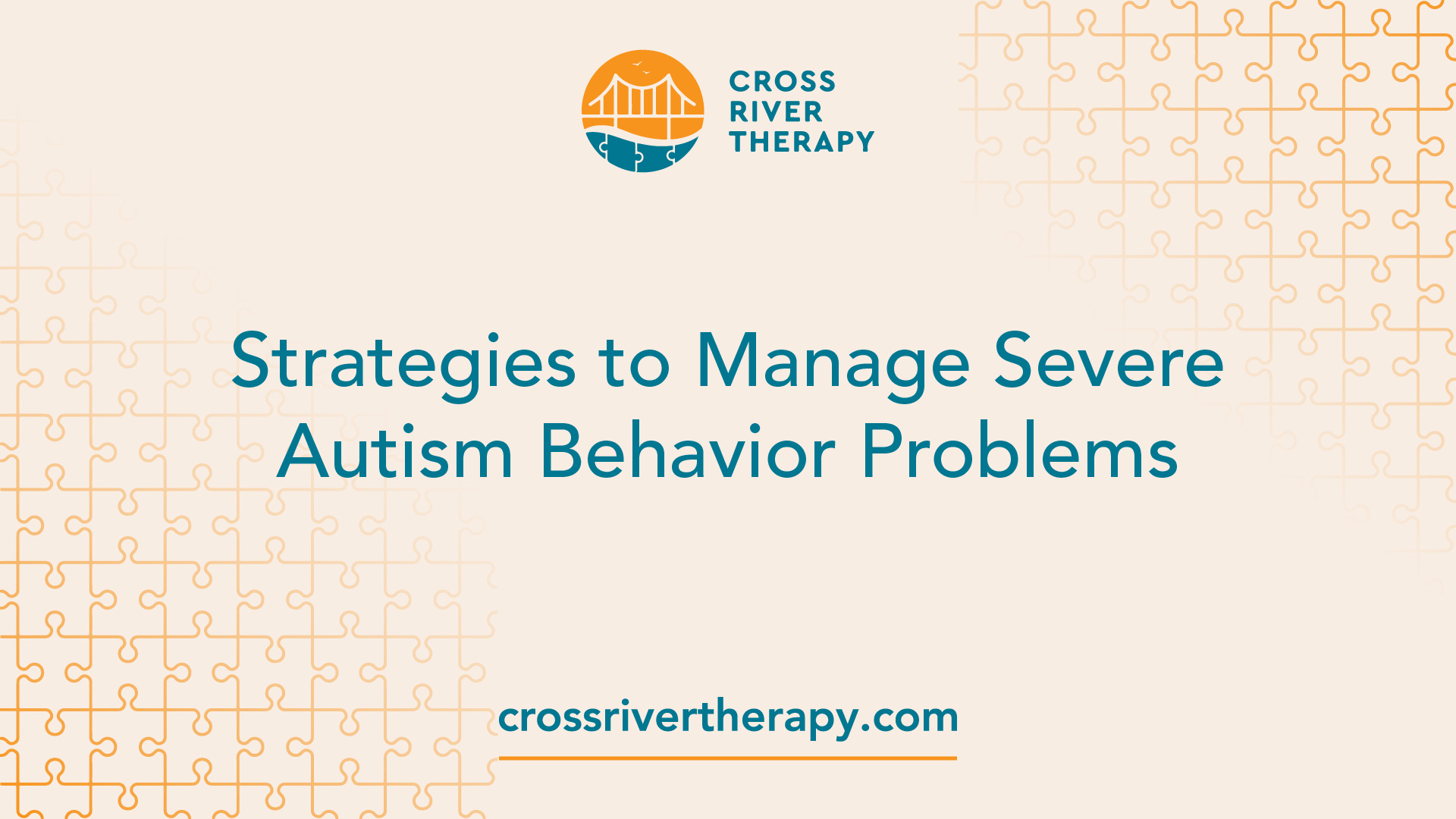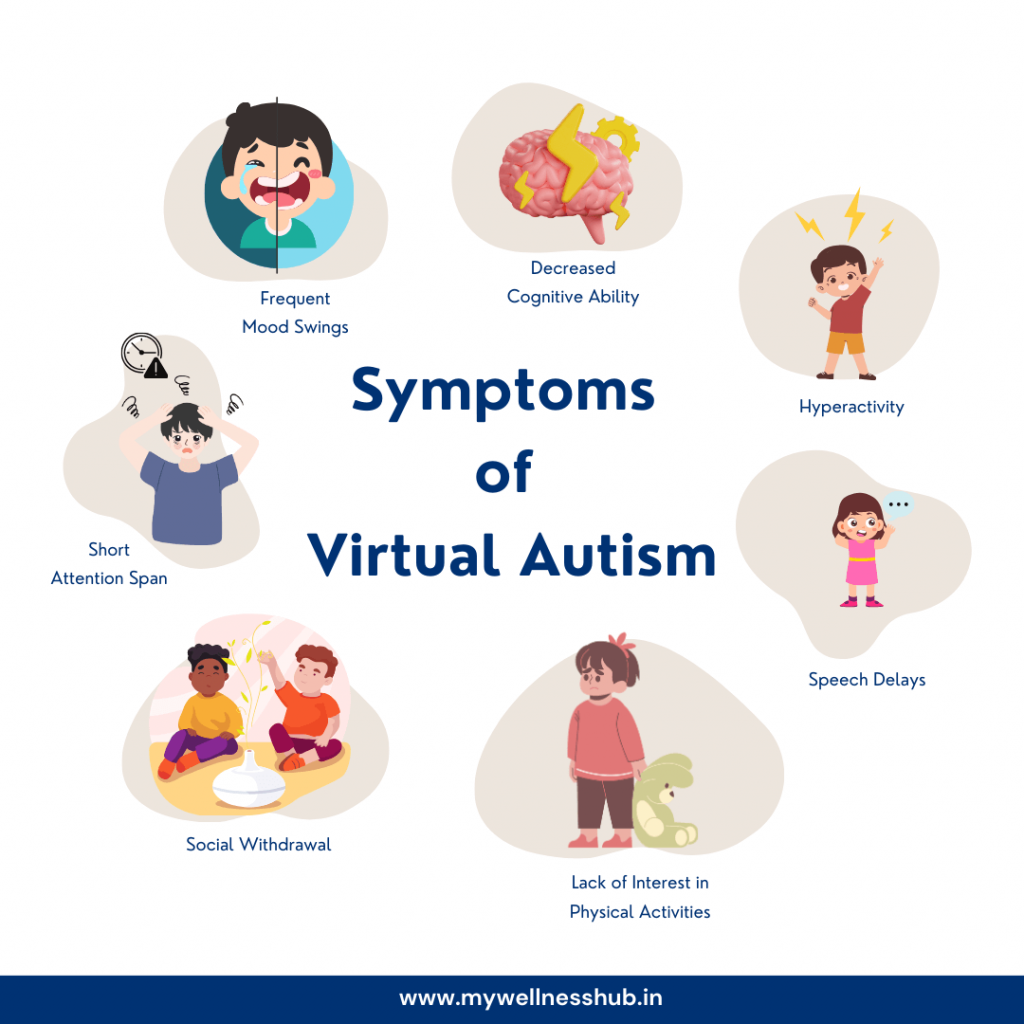Top 7 ways an expert in Autism Spectrum Therapies can help with social development challenges
Top 7 ways an expert in Autism Spectrum Therapies can help with social development challenges
Blog Article
Trick Symptoms And Signs to Acknowledge in Individuals With Behavioral Autism
When you encounter somebody with behavior autism, acknowledging key symptoms and signs is crucial. You may observe challenges in social communications and communication, in addition to a solid requirement for routines. Furthermore, sensory level of sensitivities can bring about overwhelming experiences. Comprehending these qualities can boost your support and interventions, but there's more to discover concerning just how these behaviors manifest in everyday circumstances. Let's discover what these indications actually resemble.
Challenges in Social Interactions
When you interact with a person on the autism range, you may discover they have a hard time with social hints and communication. These difficulties can make social interactions feel frustrating for them.
In addition, you may locate that they favor regimens and acquainted setups, which can limit their willingness to participate in new social situations. When they do engage, they may speak regarding their interests in fantastic information without discovering if you're interested. This can cause one-sided discussions that leave you feeling separated. Recognizing these challenges can aid you approach communications with empathy and perseverance, promoting a more comfortable environment for both of you.
Trouble With Verbal and Non-Verbal Communication

Non-verbal communication can be a lot more challenging. You could see an absence of eye call or minimal usage of motions, which can make communications feel awkward. Facial expressions may not constantly straighten with the discussion, causing confusion about their feelings. Identifying these indicators is crucial, as it aids you much better support and engage with people on the autism range. By understanding their communication challenges, you can promote much more meaningful connections and provide a more supportive setting.
Recurring Behaviors and Regimens
Communication challenges often come with other indicators of autism, such as repeated actions and a strong choice for routines. You could observe that people with autism commonly participate in details, repeated activities, like hand-flapping, rocking, or duplicating phrases. These habits can give comfort and a feeling of control in a commonly overwhelming globe.
Regimens are similarly vital; numerous people thrive when they comply with an organized schedule. You might find that modifications to these regimens can result in significant distress. For instance, if they have a daily ritual of eating morning meal at a specific time or following a specific course to school, any interruption can create anxiety.
Recognizing these patterns assists you recognize their actions and provide support. By accommodating their need for routine and enabling repeated actions, you can produce a much more comfy atmosphere that alleviates their obstacles.
Sensory Level Of Sensitivities

Typical Sensory Triggers
Sensory sensitivities can considerably influence day-to-day life for people with autism, as particular stimuli commonly cause frustrating responses. Usual sensory triggers consist of loud sounds, brilliant lights, and strong scents. You may discover that sudden audios, like sirens or alarms, create stress and anxiety or distress. Likewise, fluorescent lighting in shops can feel unpleasant and harsh. Structures can additionally play a significant role; rough materials or specific food appearances might be unbearable for you. Furthermore, crowded locations can overwhelm your senses, making it tough to unwind or concentrate. Comprehending these triggers can aid you manage your setting better. By understanding what affects you, you can take steps to decrease discomfort and boost your daily experiences.
Behavior Feedbacks Explained
Recognizing your behavior actions to sensory sensitivities is important, as they frequently reveal just how you connect with the globe. You may also locate yourself seeking specific sensory experiences, like deep stress or peaceful atmospheres, to help ground on your own. Acknowledging these patterns helps you recognize your requirements much better and can guide just how you interact them to others.
Coping Strategies Review
Acknowledging your sensory sensitivities is simply the very first step; currently it's time to explore coping approaches that can assist you manage those experiences properly. Begin by developing a sensory toolkit tailored to your demands. This might consist of noise-canceling headphones, fidget playthings, or soothing scents. Developing an organized routine can additionally supply predictability, reducing stress and anxiety around sensory overload. When you feel overloaded, take breaks in a quiet area to collect yourself. Exercising mindfulness techniques like deep breathing can help ground you in the minute. In addition, interact your demands with those around you; having helpful buddies and household can make a massive distinction. Bear in mind, finding what works ideal for you might take time, so be patient and open to trying new methods.
Restricted Interests and Focus
While lots of people create a vast range of rate of interests, those with autism commonly show limited passions and an extreme concentrate on specific subjects. You might notice that someone with autism can spend hours delving into their favorite subject, click here whether it's a particular kind of train, a specific movie, or a scientific concept. This intense focus isn't simply a leisure activity; it can come to be a main component of their identity and social interactions.
You may find that conversations revolve around these passions, and they might battle to involve in wider topics. For them, these focused interests provide convenience and a feeling of mastery. While it is necessary to motivate exploration of brand-new topics, valuing their enthusiasms is similarly necessary. By read more recognizing and recognizing these restricted interests, you can foster a supportive setting where they really feel valued and comprehended, enabling more significant connections and interactions.
Psychological Guideline Problems
People with autism typically encounter challenges in emotional law, which can be influenced by their intense emphasis on details interests. You may observe that when a person is deeply taken part in a preferred activity, they can experience solid feelings, whether exhilaration or disappointment. This strength occasionally makes it hard for them to shift gears or manage their sensations when points do not go as intended.

Variability in Developing Turning Points
When it comes to developing milestones, you'll observe that people with autism typically reveal a wide variety of irregularity. You might see a kid succeed in language skills however battle with social interactions.
It's necessary to recognize that each individual's journey is distinct. Observing these patterns can assist you recognize their toughness and requires much better.
Frequently Asked Questions
Exactly How Is Autism Identified in Children and Adults?
To identify autism in kids and grownups, specialists review actions, interaction abilities, and social communications. They often use standardized examinations, meetings, and monitorings to establish if a specific fulfills the standards for autism range problem.
Are There Different Kinds Of Autism Range Disorders?
Yes, there are various kinds of autism spectrum disorders, including Asperger's disorder and prevalent developmental disorder-not otherwise defined. Each kind differs in seriousness and qualities, so understanding these differences can assist you much better support individuals with autism.
What Treatments Work for Individuals With Autism?
When thinking about effective therapies for people with autism, you'll find alternatives like Applied Actions Analysis, speech treatment, and work therapy. Each method can assist enhance interaction, social abilities, and everyday functioning customized to specific requirements.
Can Individuals With Autism Lead Independent Lives?
Yes, individuals with autism can here lead independent lives. With the appropriate assistance, skills training, and resources, you can aid them create self-sufficiency, handle everyday tasks, and grow in numerous settings, fostering their independence.
Just How Can Families Support Loved Ones With Autism?
You can support your loved ones with autism by producing a structured atmosphere, encouraging their interests, exercising persistence, fostering interaction, and promoting social abilities. Commemorate their accomplishments, no issue exactly how tiny, and build an encouraging community.
Although lots of individuals on the autism spectrum can recognize and use language, they commonly encounter considerable obstacles with both verbal and non-verbal interaction. Recognizing these signs is crucial, as it helps you much better assistance and engage with individuals on the autism range. You could discover that people with autism often involve in details, repeated activities, like hand-flapping, rocking, or repeating expressions.Sensory level of sensitivities can considerably affect everyday life for people with autism, as particular stimuli typically activate frustrating responses.When it comes to developing milestones, you'll discover that individuals with autism commonly reveal a wide variety of variability.
Report this page